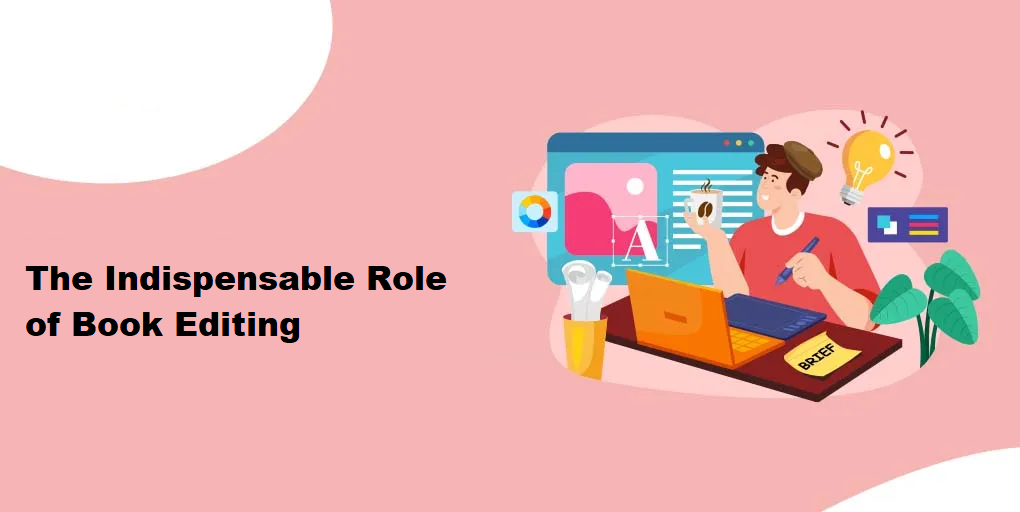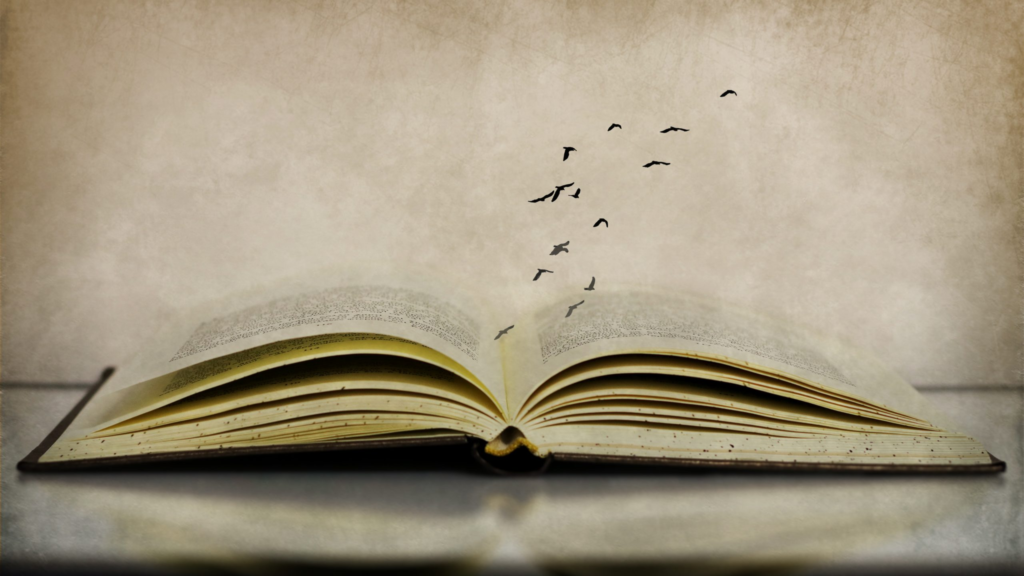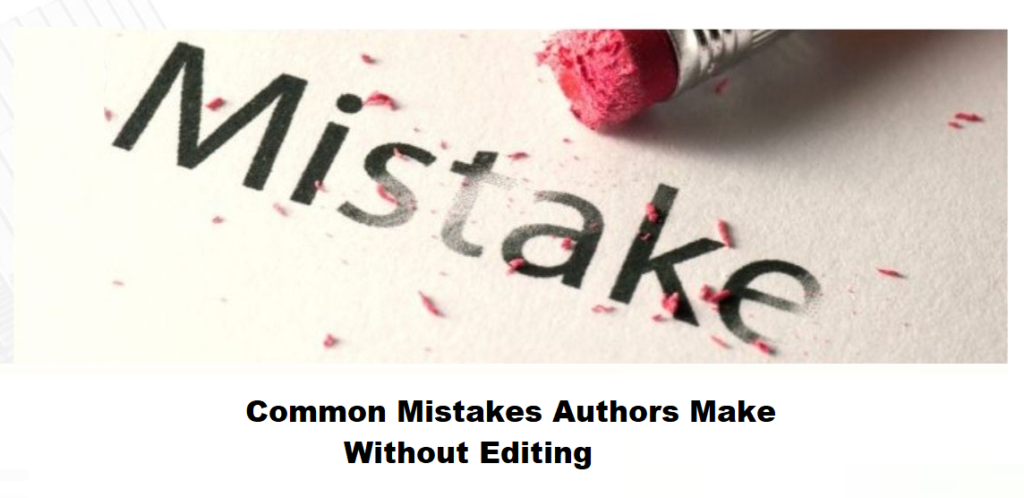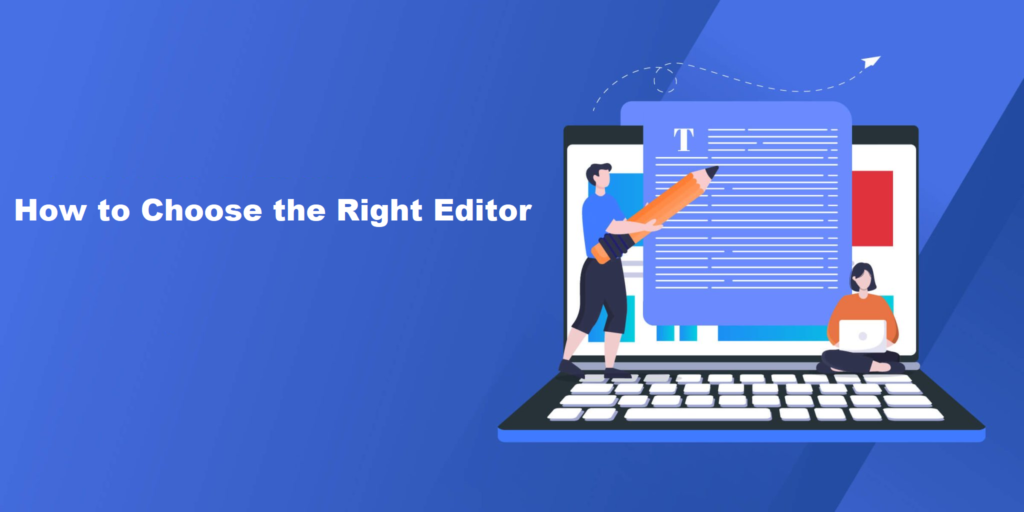
Writing a book is an extraordinary achievement. But here’s a harsh truth: no matter how compelling your story is, without editing, it won’t reach its full potential. Book editing isn’t just about fixing typos—it’s the secret sauce that turns your raw manuscript into a masterpiece. Whether you’re a debut indie author or a seasoned storyteller, editing is the bridge between your vision and your reader’s experience.
Let’s dive into why book editing is absolutely indispensable for your writing success.
What is Book Editing?

Definition and Scope
Book editing is the process of refining a manuscript to improve its clarity, flow, grammar, structure, and consistency. It spans everything from big-picture storytelling adjustments to nitty-gritty grammar corrections.
Common Misconceptions About Editing
Many believe editing is just spell-checking. In reality, it’s a multi-layered craft involving developmental suggestions, style tuning, and final polish. Think of editing like sculpting—your manuscript is the marble, and editing chisels it into art.
Why Book Editing is Non-Negotiable

First Impressions Matter
Readers, agents, and publishers judge your book within the first few pages. A single typo or awkward sentence can turn them off. Editing ensures your first impression is your best.
Credibility and Professionalism
A well-edited book builds trust with your audience. It signals you take your craft seriously—and that your content is worth their time and money.
Types of Book Editing
Developmental Editing
This is the “big picture” edit. It addresses plot holes, character arcs, pacing, and overall structure. If your story needs a serious overhaul, this is where it starts.
Line Editing
Here, the editor hones your voice, word choice, sentence structure, and flow. It’s about enhancing the reader’s experience line by line.
Copy Editing
Copy editing tackles grammar, punctuation, style consistency, and factual accuracy. It keeps your prose clean and polished.
Proofreading
The final pass. Proofreading catches those last typos, formatting errors, and overlooked inconsistencies before publication.
The Role of an Editor
Editor vs. Beta Reader
Beta readers provide feedback from a reader’s perspective. Editors, however, bring professional insight, industry standards, and editorial strategy to the table.
How Editors Polish Your Manuscript
Editors don’t rewrite your book—they elevate it. They suggest improvements, highlight weaknesses, and tighten the prose to make it sing.
How Editing Impacts Your Storytelling

Plot Consistency
Editing helps maintain narrative logic. Are your plot twists earned? Is your ending satisfying? Editors ensure the story holds together.
Character Development
Flat characters kill reader engagement. Editors spot underdeveloped characters and encourage depth and growth.
Pacing and Flow
Too slow? Too fast? Editors adjust pacing so readers stay hooked from start to finish.
Book Editing and Publishing Success

Traditional Publishing Standards
If you’re querying agents or publishers, a polished manuscript is non-negotiable. Professional editing can mean the difference between a rejection and a deal.
Self-Publishing and Indie Authors
Indie authors wear many hats—but editing isn’t one to DIY. A professionally edited book competes with traditionally published ones and earns reader respect.
Common Mistakes Authors Make Without Editing

Grammar and Spelling Pitfalls
No matter how talented you are, errors creep in. An editor has the trained eye to catch what you miss.
Structural and Plot Holes
Unresolved subplots or continuity issues? Editors identify and help fix them, ensuring your story feels cohesive.
How to Choose the Right Editor

What to Look For in an Editor
Check their experience, genre expertise, editing style, and testimonials. Ask for a sample edit—it reveals a lot.
Red Flags to Avoid
Beware of editors who promise too much too fast or charge suspiciously low rates. Quality editing takes time and skill.
The Book Editing Process: Step by Step

Manuscript Review
Your editor reads your manuscript in full to assess strengths and weaknesses.
Revisions and Feedback Loops
Expect multiple rounds. You revise, the editor reviews again, and together you fine-tune the text.
Final Proofing
The last check ensures your manuscript is typo-free and formatting is clean.
Cost of Book Editing
Budgeting for Professional Editing
Prices vary depending on the type of editing, word count, and editor’s expertise. Expect to invest anywhere from $500 to $5,000.
Is it Worth the Investment?
Absolutely. Think of it as investing in your book’s reputation, reach, and long-term success.
DIY vs. Professional Editing
Editing Tools and Software
Tools like Grammarly or ProWritingAid can help—but they can’t replace human insight.
When You Absolutely Need a Pro
If you’re publishing commercially or planning to monetize your book, professional editing is a must.
How Long Does Book Editing Take?
Timeline by Editing Type
- Developmental Editing: 3–6 weeks
- Line/Copy Editing: 2–4 weeks
- Proofreading: 1–2 weeks
Factors That Affect Duration
Word count, manuscript quality, editor workload, and number of revisions all play a role.
The Psychological Benefits of a Well-Edited Book

Confidence Boost
Knowing your book is the best version of itself is empowering. It fuels your pride and self-belief.
Reader Trust and Engagement
Clean, compelling writing keeps readers engaged—and loyal. A great reading experience means they’ll recommend your book and come back for more.
Final Thoughts: Why Editing Shapes Your Literary Future
Think of editing as a compass. It doesn’t change your journey—it sharpens your direction. Skipping editing is like skipping the map on a road trip: possible, but you’ll get lost. Editing ensures your story lands with impact, clarity, and power.
If you’re serious about your writing career, book editing isn’t optional—it’s essential.
Conclusion
Your book is your legacy. Don’t let grammar errors or structural weaknesses tarnish it. Professional editing isn’t a luxury—it’s a responsibility to your readers, your story, and yourself. Whether you’re aiming for a bestseller or simply want to tell your story right, editing is the key to formatting your literary future.
FAQs
How much does it cost to edit a book?
Costs range from $500 to $5,000 depending on the type and depth of editing required, as well as word count.
Can I self-edit my entire book?
You can do a first pass, but professional editors catch what authors often overlook. It’s highly recommended to hire an expert.
How do I find a reliable book editor?
Look for editors with positive testimonials, relevant experience, and clear communication. Request sample edits to assess fit.
Is proofreading the same as editing?
No. Proofreading is the final stage focused on surface errors. Editing involves deeper structural and content improvements.
What is the difference between copy editing and line editing?
Line editing enhances language and flow, while copy editing corrects grammar, punctuation, and style consistency.
